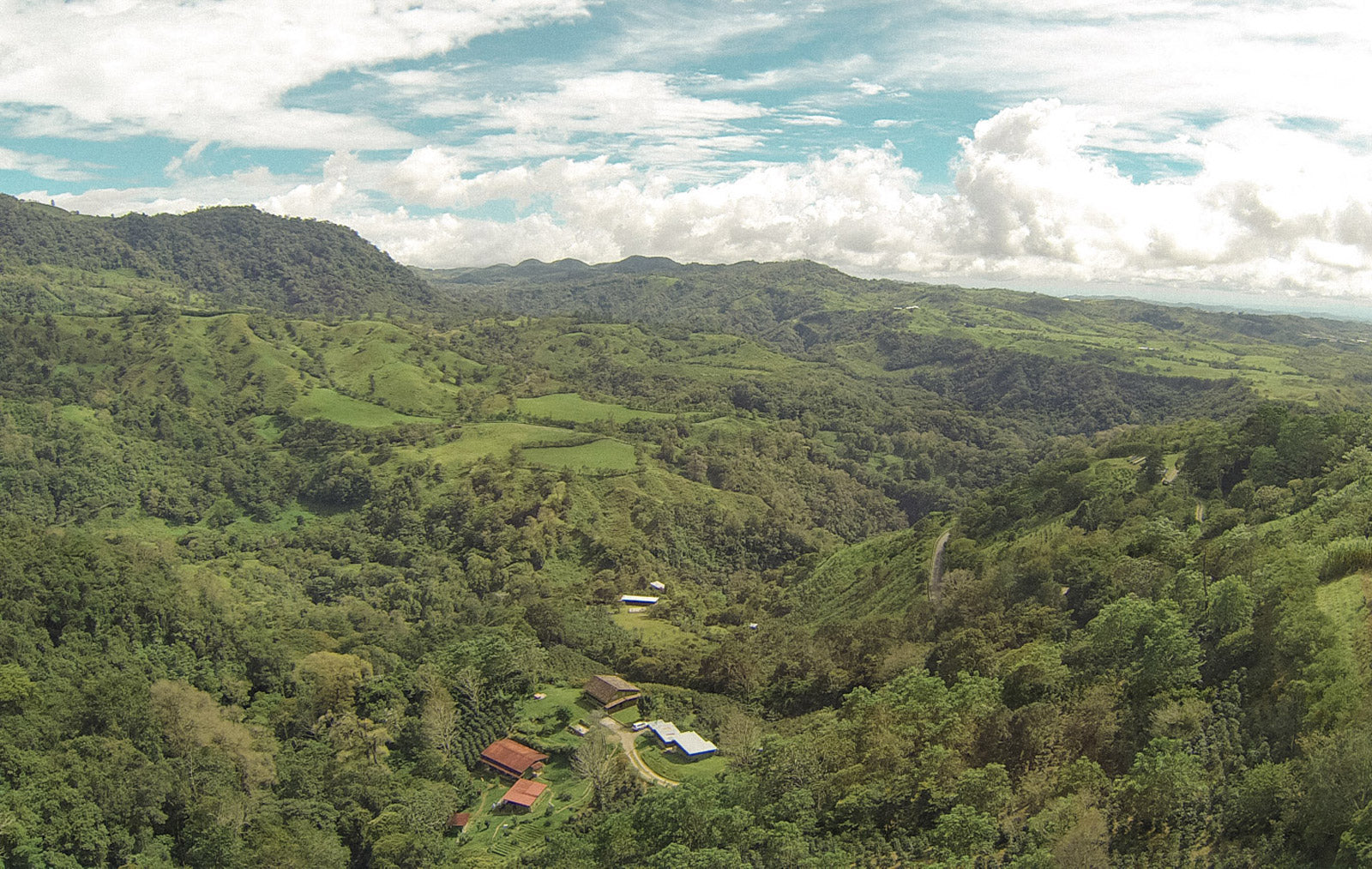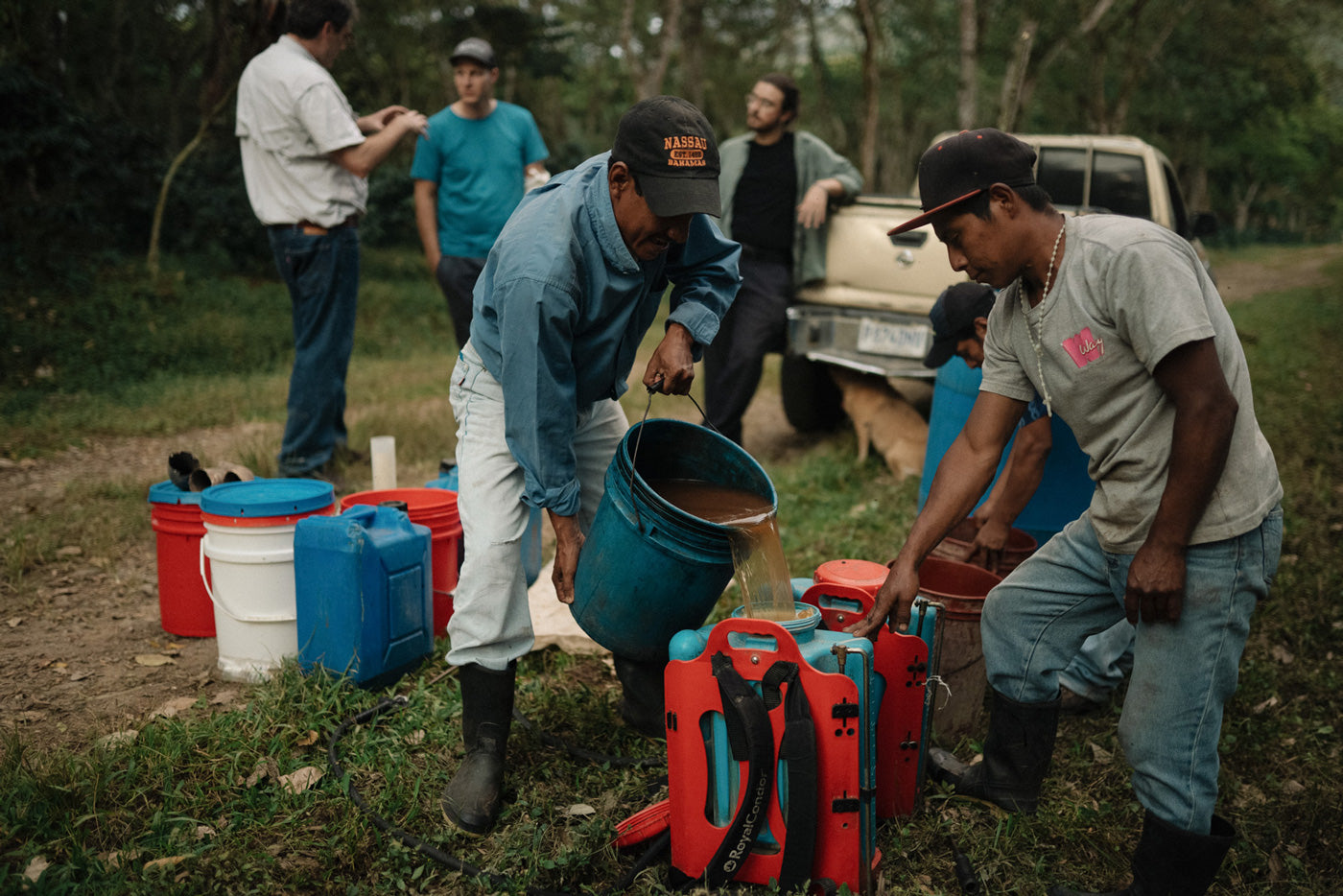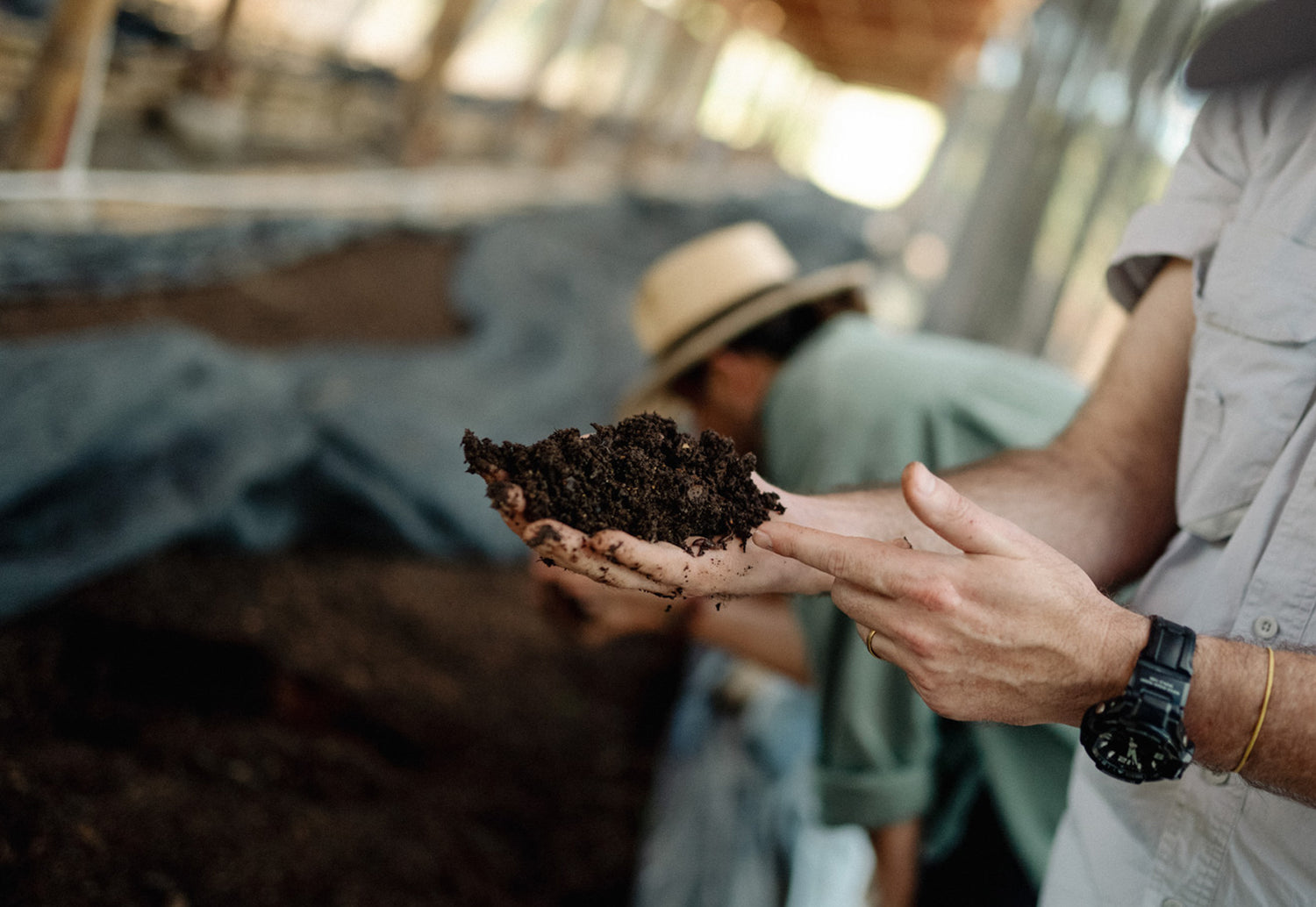Especially in current times, the issues surrounding sustainability, and not only in the area of coffee, are receiving increasing attention. No wonder, the effects of climate change have been noticeable for some time. The consequences of climatic influences are already clearly noticeable in coffee cultivation, i.e. in the countries of origin of coffee. Crop failures due to extreme heat waves, weather-related extremes such as continuous rain and soils with few nutrients are just a small part of what is making coffee cultivation increasingly difficult. It is precisely these facts that are causing the entire coffee business to rethink. The sustainability of coffee is the top priority. We will show you on this page which steps need to be taken to achieve this.
First of all, we want to answer the question of how sustainability is made up in relation to coffee. Unfortunately, 100% sustainable coffee is not possible. Coffee cannot be grown everywhere, but only where the climatic and external influences are 100% suitable. The regions in which coffee is cultivated are mainly in South America, Africa, Asia or the Canary Islands. It therefore always has to travel long distances to find its way to Europe, or to where it is then processed and consumed. But if you leave this step out, there are numerous steps on the farms, at the processing stations and in the roasting plants where the coffee can be optimized in terms of sustainability. We'll show you which ones!
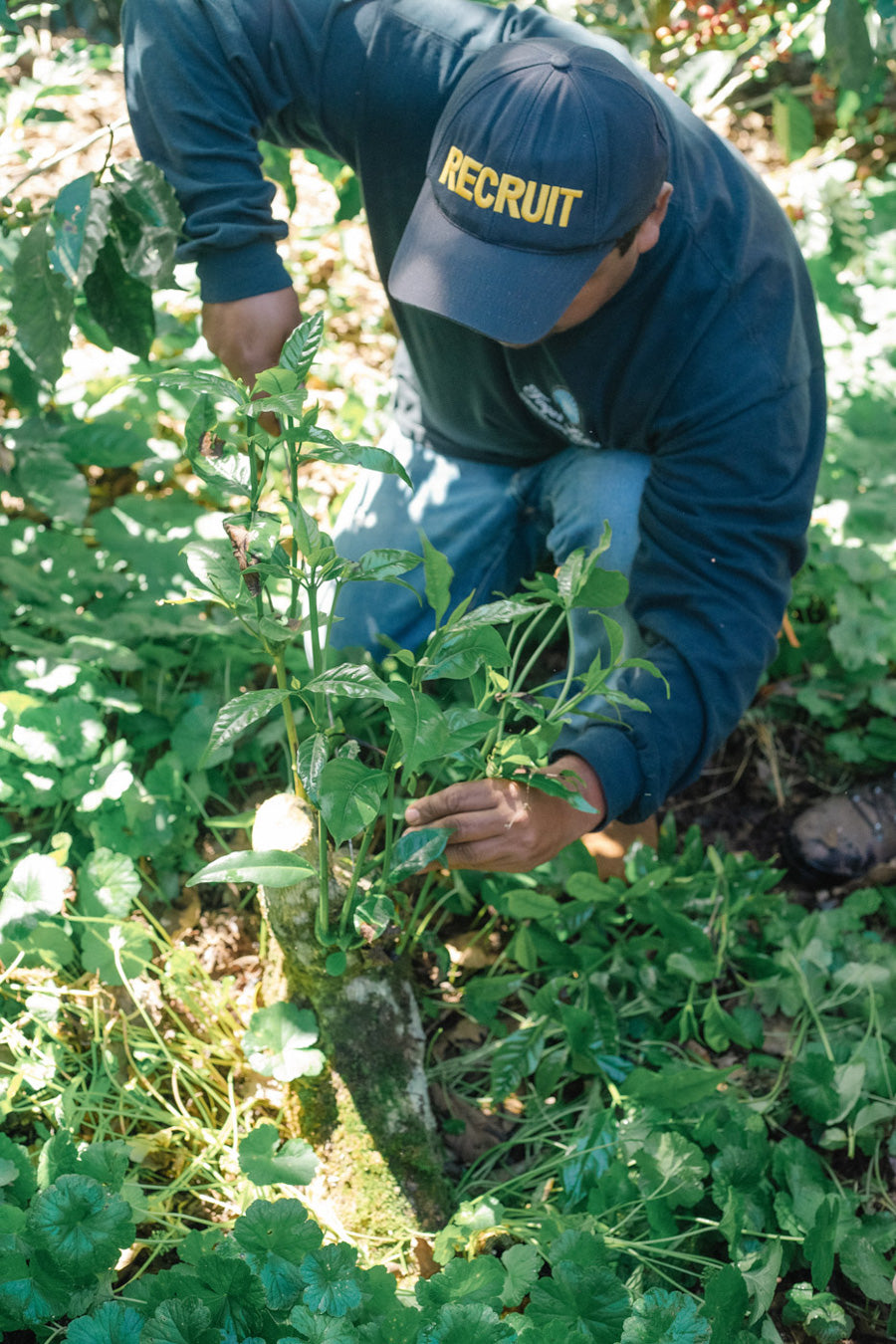
Sustainability on the farms
The effects of climate change are particularly noticeable in the countries where coffee originates. Heat, drought, long periods of rain and the resulting damage to the plants have made life difficult for coffee farmers in the recent past. In recent years, this has led to a major rethink on coffee farms. In the past, artificial fertilizers and pesticides were often used to combat pest infestations. These agents were anything but beneficial when you consider the sustainability of coffee cultivation. Although the toxins were killed during further processing and had no direct impact on the consumer, they caused enormous damage to nature on and around the farms. In order to achieve sustainability, new paths had to be taken, which also have a positive impact on the quality of the coffee.
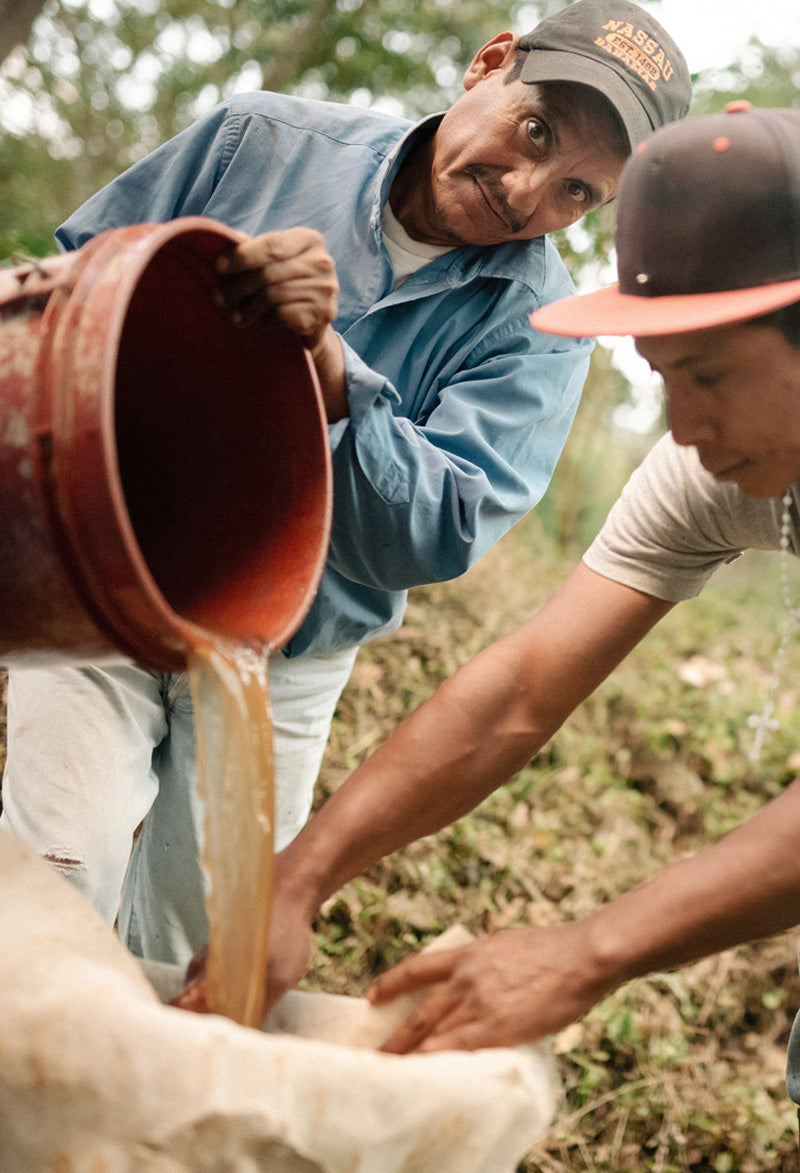
Organic Farming
The topics surrounding organic farming play a major role here. But what exactly does organic farming mean and what is behind it? As the term suggests, organic farming takes place on the farms. It is the cultivation of coffee that has been 100% optimized for sustainability. The coffee should be cultivated 100% in harmony with the unique nature on and around the farm. Specially developed microorganisms ensure the reproduction of nutrients in the soil, making the land more fertile.
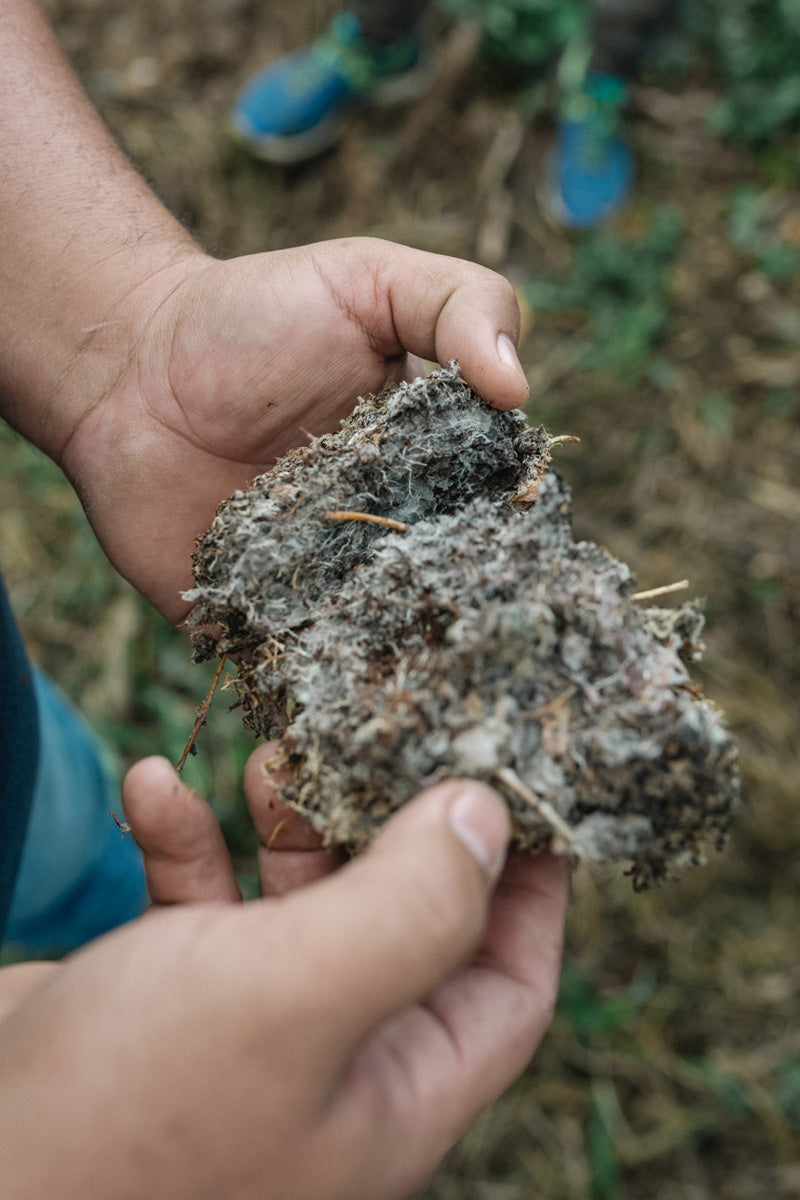
A circular economy
The microorganisms are also produced completely naturally. The remains of the processing, i.e. mainly the pulp, the parchment skin and the fruit mucilage, are used to produce these microorganisms. This gives things that otherwise have no further use a second use: we are talking about a circular economy. Sustainability is increased. Microorganisms are used to produce pesticides and fertilizers. They also enrich the soil on the plantations and ensure that the nutrients in the soil are recultivated. Slowly but surely, the cultural landscape damaged by human economic activities can recover. So there is hope for the future of coffee after all.
Sustainability actually has a huge positive impact on farmers' earnings. From now on, coffee cultivation in line with sustainability is not just good for nature. The people who work there are no longer exposed to toxins and are guaranteed a permanent job that is also fairly paid. The quality of the coffee is also sustainably increased. By growing in harmony with nature, the natural variety of flavors of the coffee is emphasized. The result is complex coffees of the highest quality that certainly leave an impression on the connoisseur.
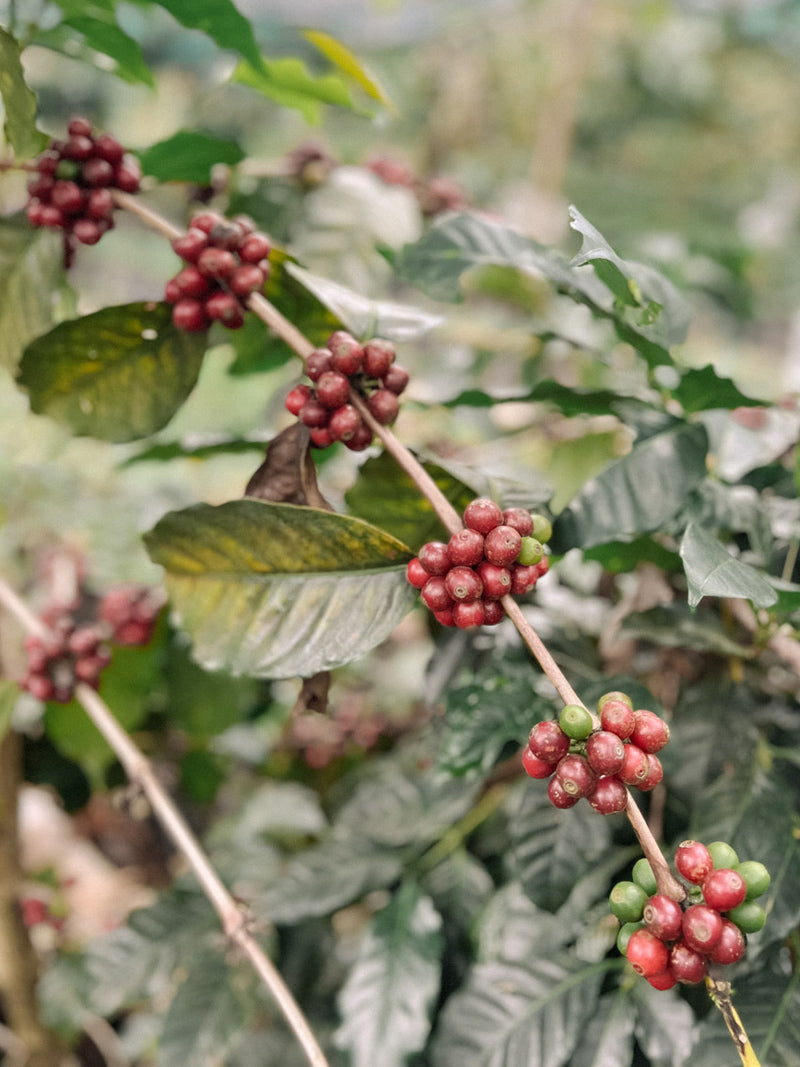
Sustainability - where does the responsibility lie?
To ensure that sustainable coffee can even reach consumers, the responsibility lies with the roasters and retailers. Why? Simple answer! The roasters and retailers can decide where they get their coffee from. If the focus is on sustainability, it is advisable to rely on direct trade and your own coffee projects. Only through direct, close contact with the farmer can it be ensured that the coffee and the processes of organic farming fully comply with the principles of sustainability. Roasters can get an accurate picture of the conditions on the farms and consider whether the coffee complies with their own principles of sustainability. Therefore, as Wildkaffee roastery, we see it as our clear responsibility to process sustainable coffee of the best quality and also to provide you with the exciting background of the small bean. Because this is the only way we can bring you closer to sustainability in relation to coffee and give you a whole new feeling about the end result in your cup.
Sustainability at Wildkaffee
But it is not just the processes on the farms in the countries of origin that need to be optimized in terms of sustainability. The roasteries also need to rethink things. There are numerous processes that have been rethought in our everyday life at the Wildkaffee Roastery. Let's start with our packaging. Our bags are made from just one recyclable material and do not need to be disposed of separately or can be recycled.
We have also taken measures in our packaging department to ensure sustainability: we reuse all cardboard boxes and filling materials. We continue to use the coffee sacks, for example to sew our upcycled shoppers from denim coffee sacks.
Finally, there is also the mucilage, which is a residue from coffee roasting. We also use this waste product. In cooperation with the organic waste recycling plant in the market town of Garmisch-Partenkirchen, we produce biogas and green energy from it. Of course, we think about how we can make our day-to-day roasting operations even more sustainable. Together with you, we want to move into a future that remains worth living for us and future generations.
Sustainability - a complex term
Finally, let's come back to the general concept of sustainability in relation to coffee cultivation and subsequent processing. Basically, sustainability is not 100% possible with coffee. Before the green coffee reaches the roasters, it has to travel a long way.
Logically, some resources are used in the process, which simply means that coffee cannot be completely sustainable. However, it is the processes on the farm and in the roastery that can be gradually optimized to make them more sustainable. But what exactly does sustainability mean to us? We only buy coffee that is grown and processed in harmony with nature. The principles of organic farming are particularly important to us, and we already implement them in our own coffee projects, such as the Coffee School Project in El Salvador.
The most important tool for us is direct trade. Through regular exchanges and personal visits to the farms, we are best able to understand where the coffee comes from and, above all, how it is grown and processed. Only if the coffee and the local conditions comply 100 % with our social and sustainable principles does it end up in our Wildkaffee roastery. This way, you can enjoy the best quality coffee without feeling guilty. And if you are also interested in taking a look behind the scenes of sustainability, our website and social media channels are always the best place to find out more.
